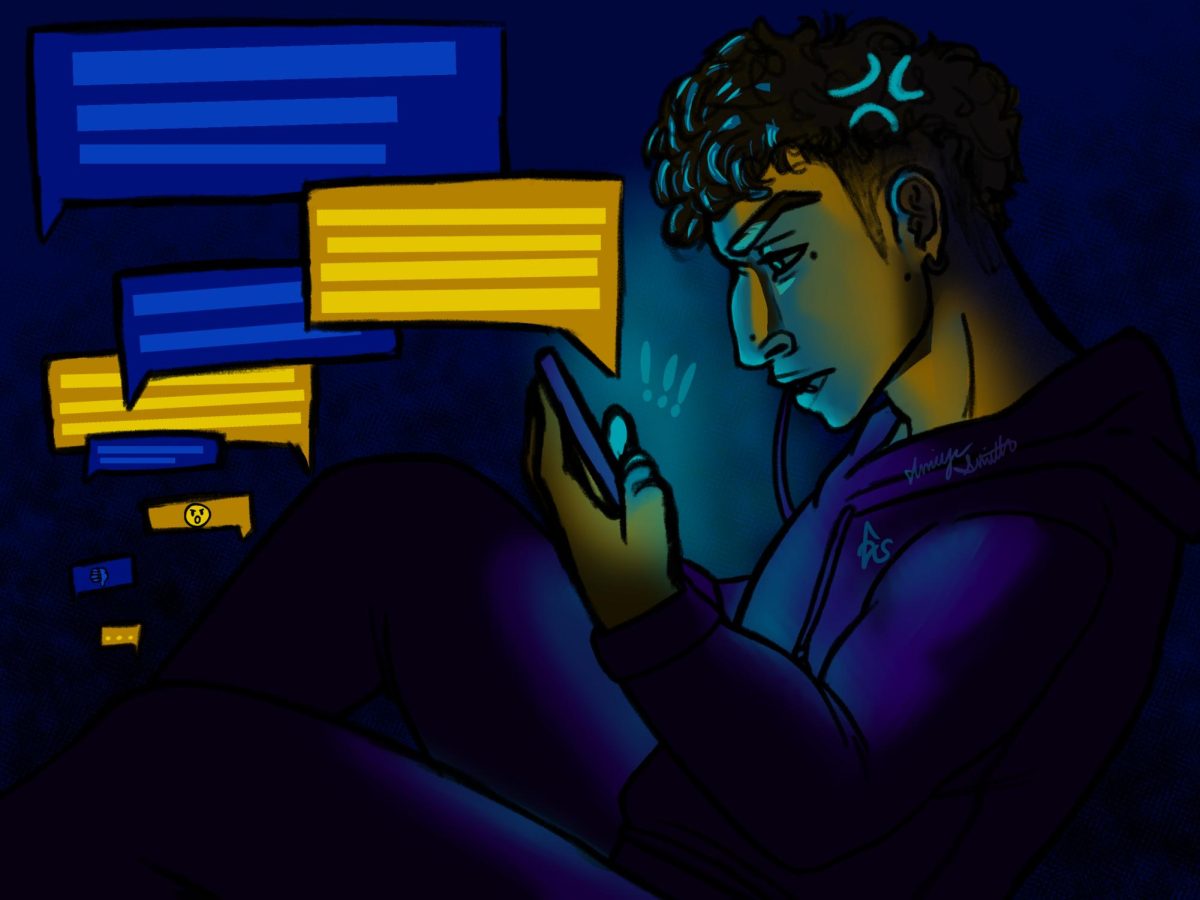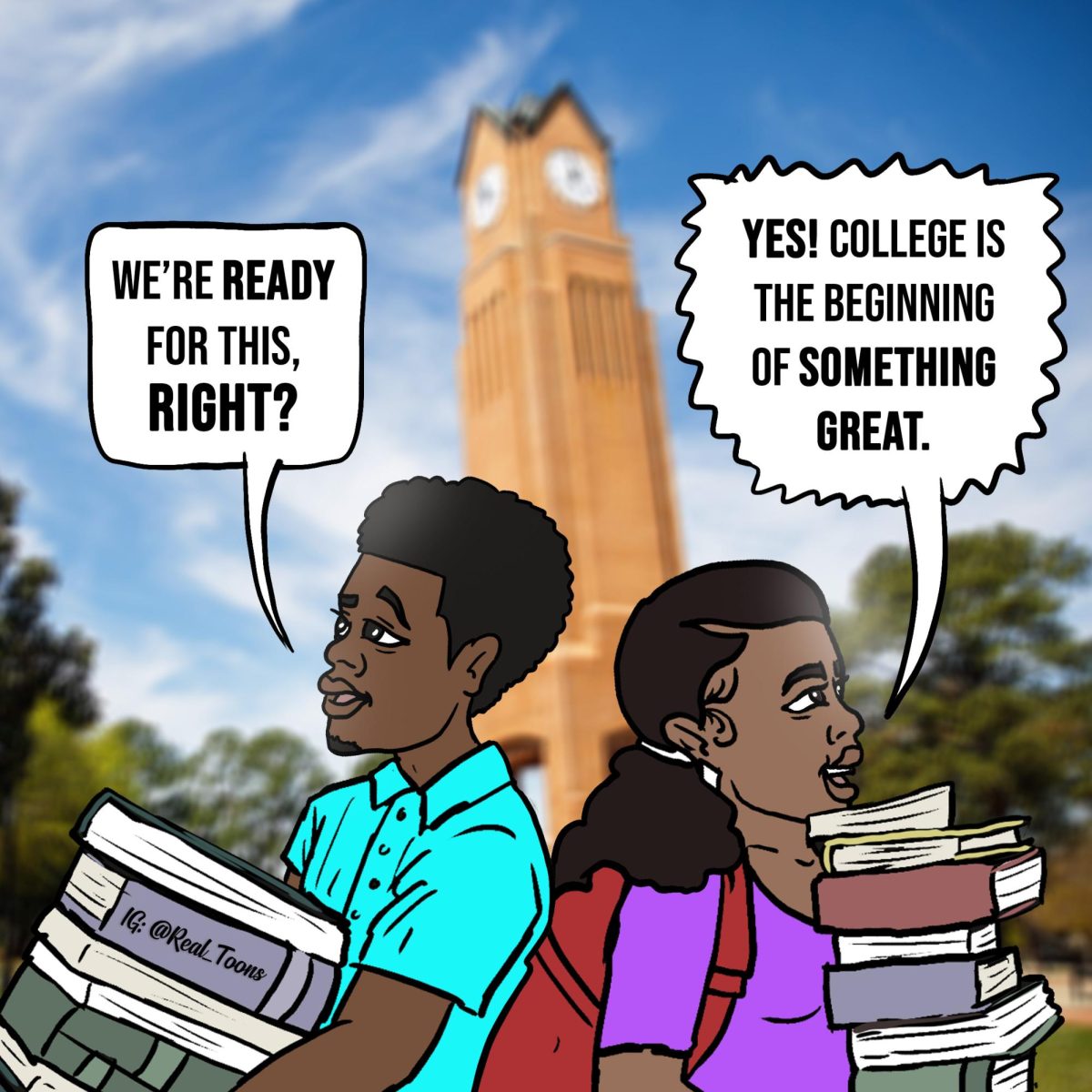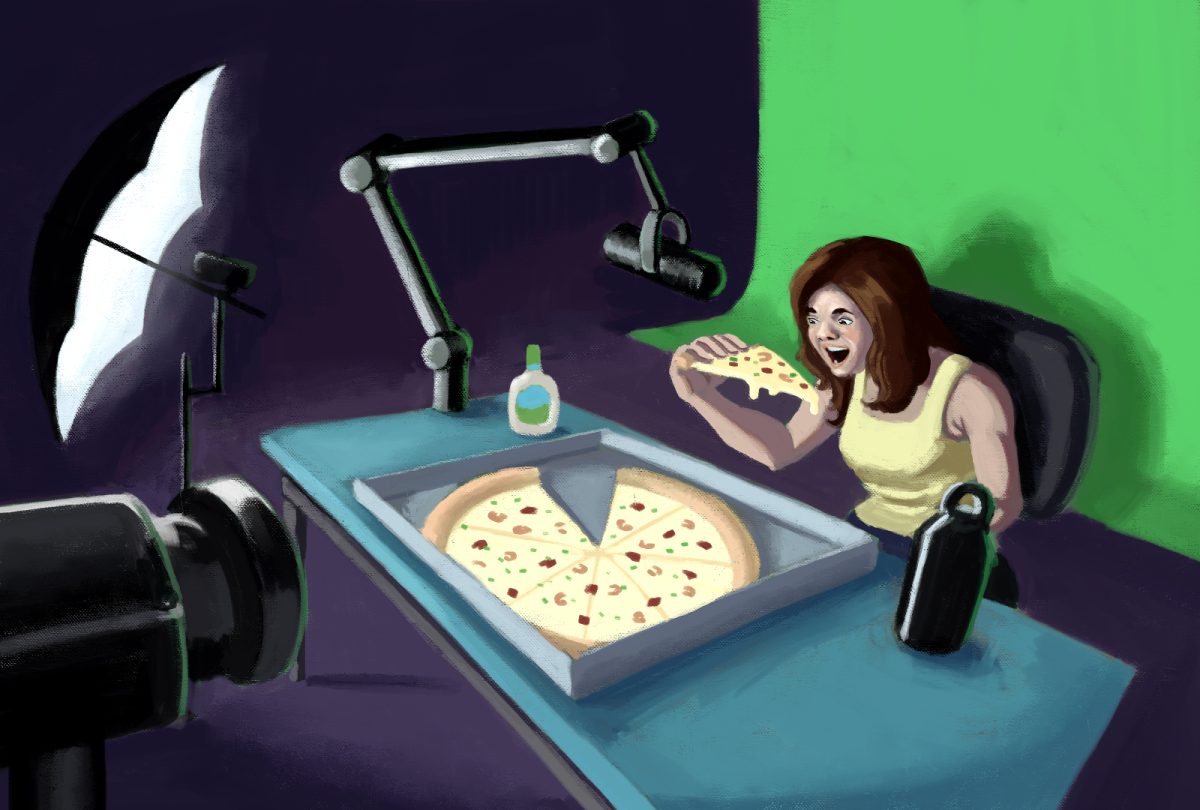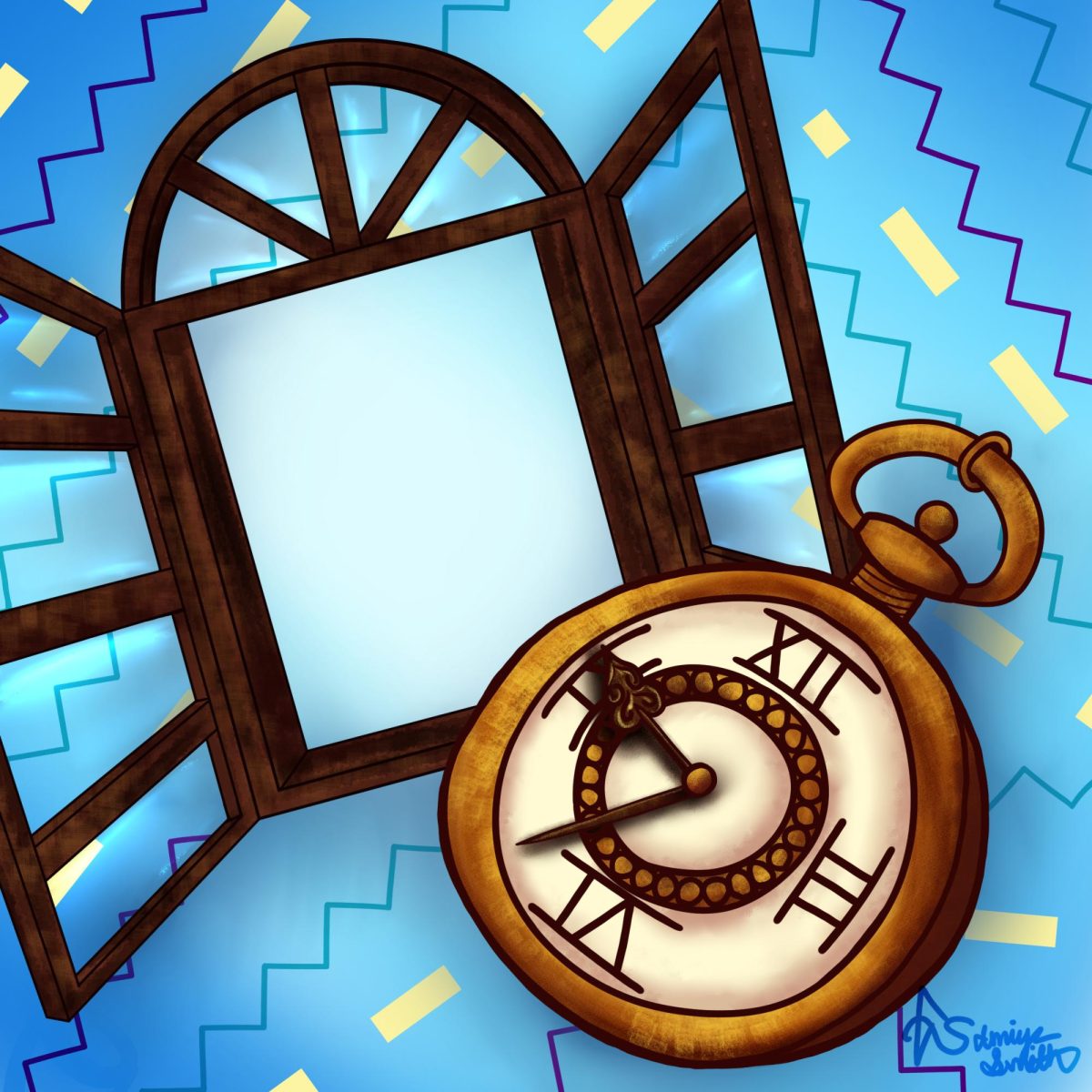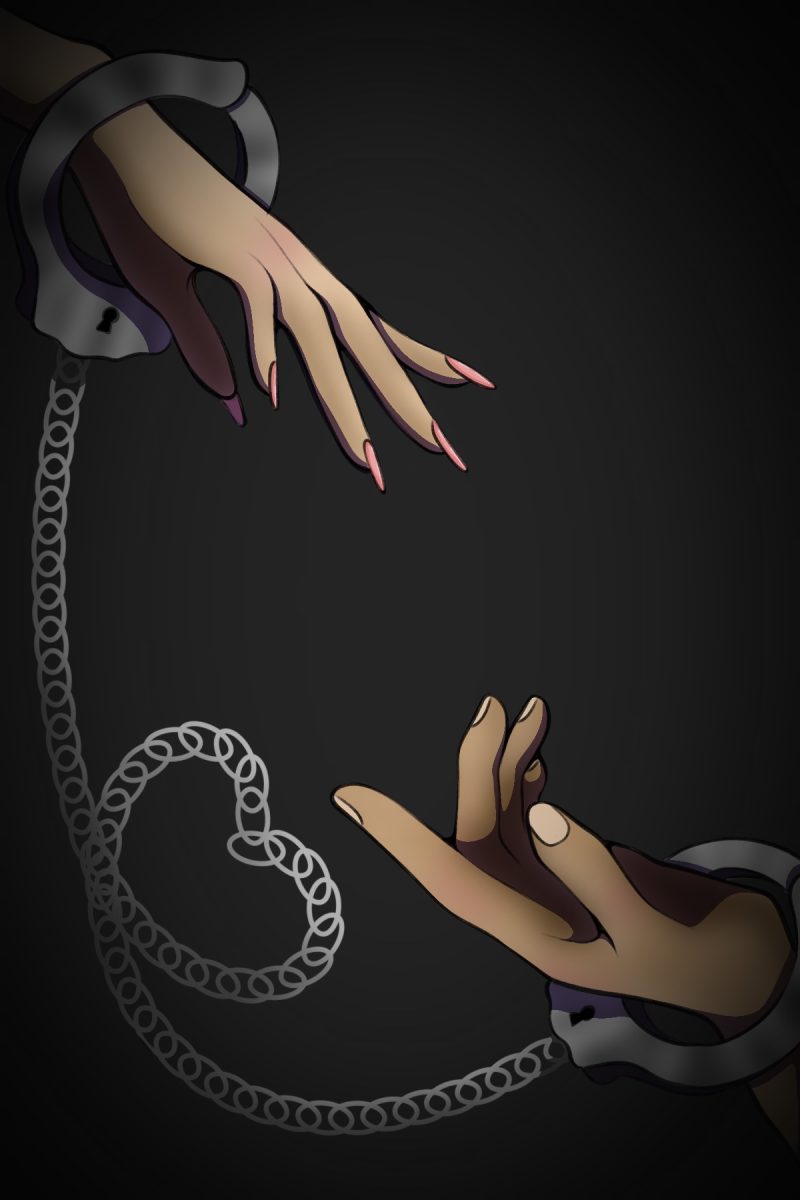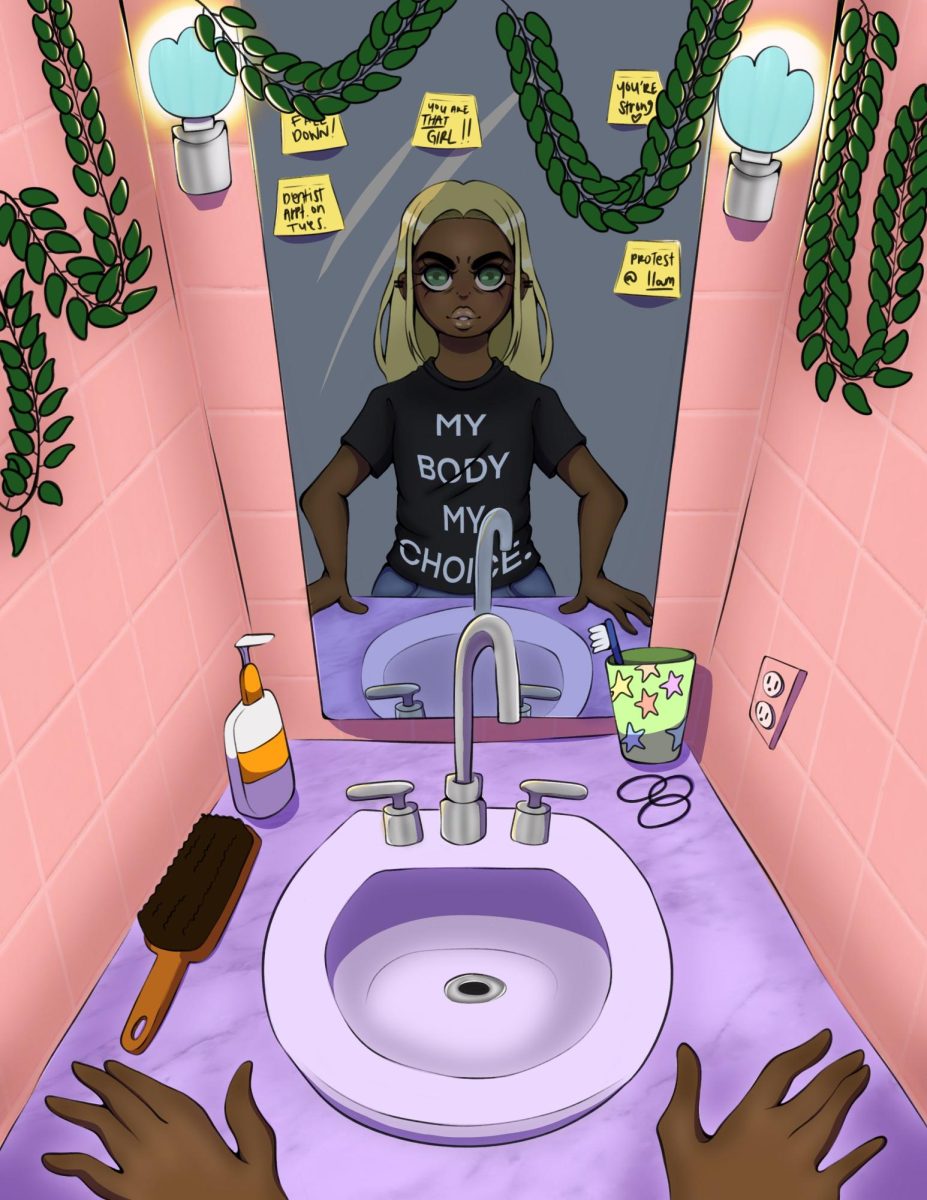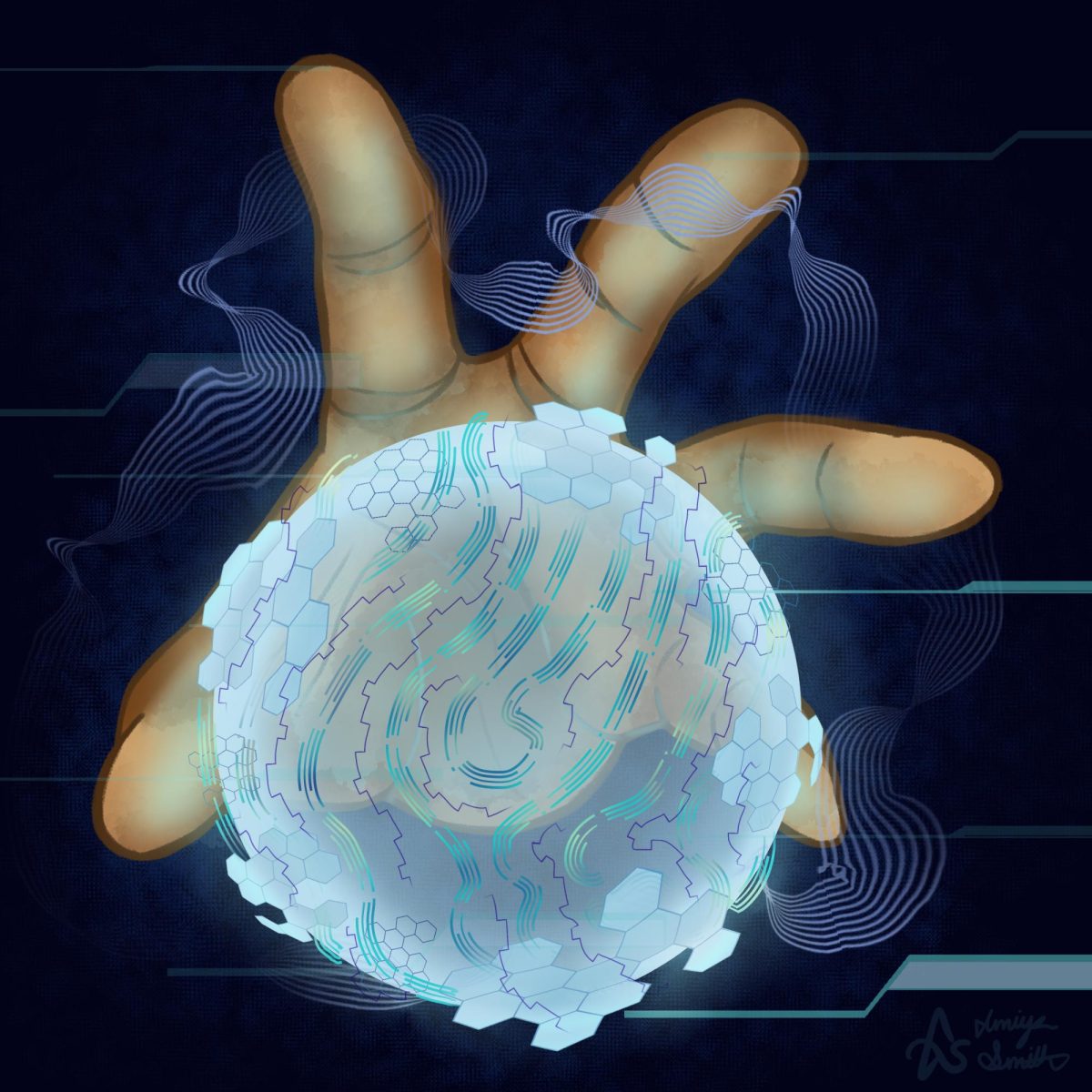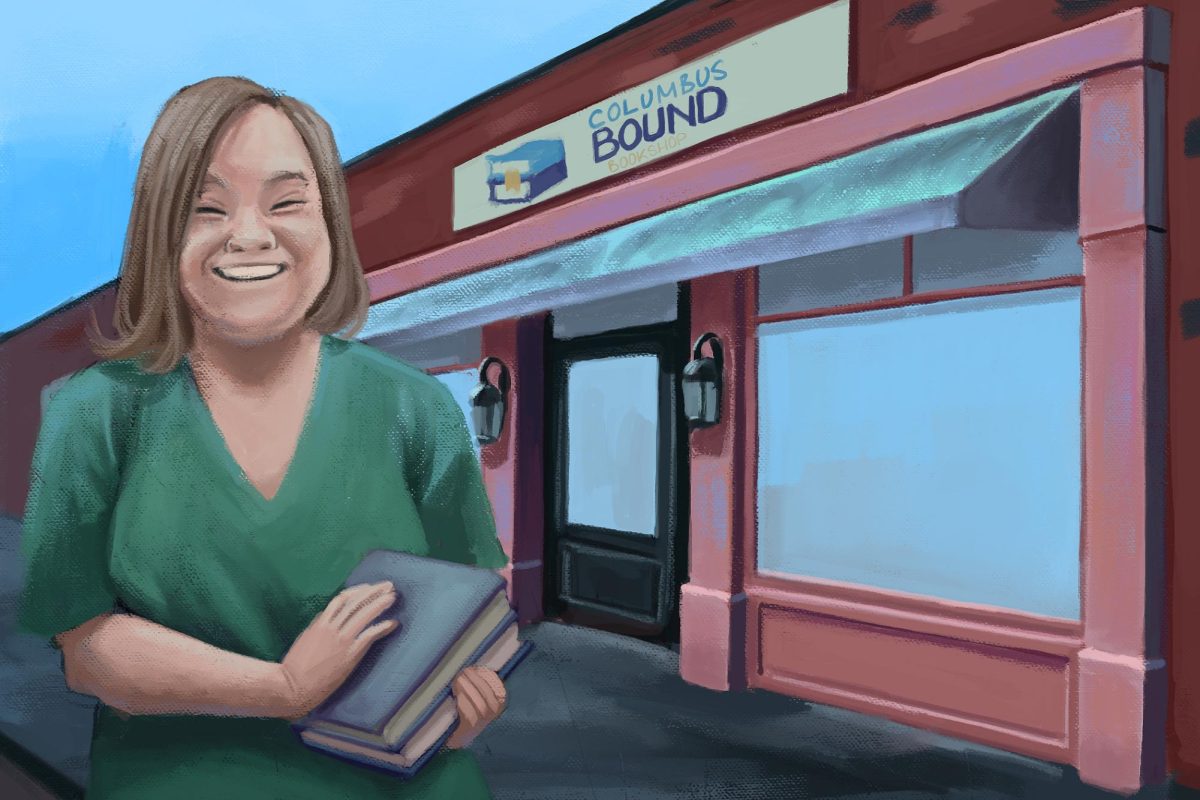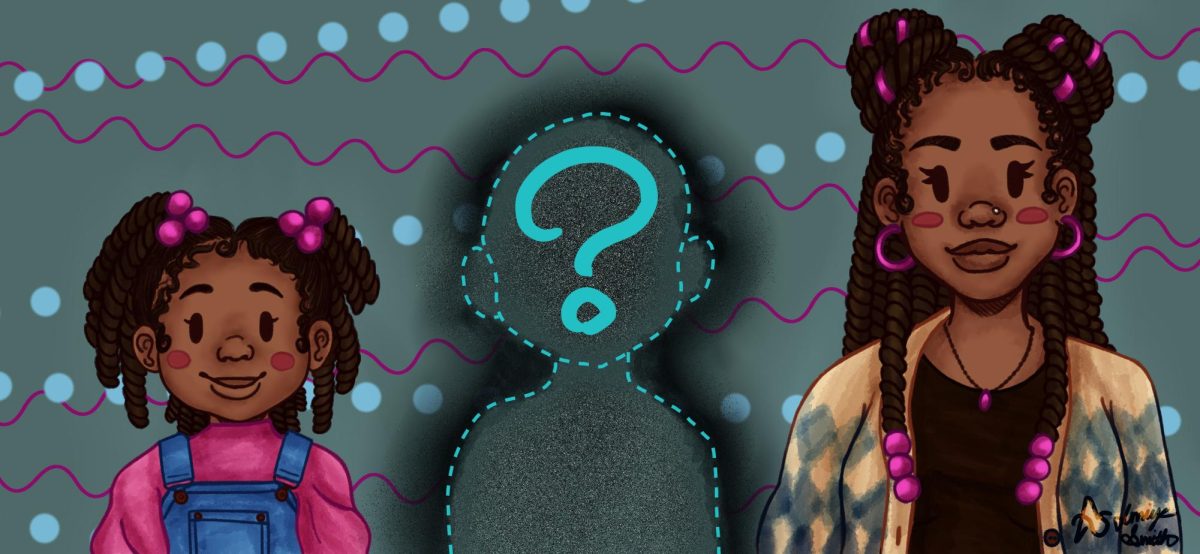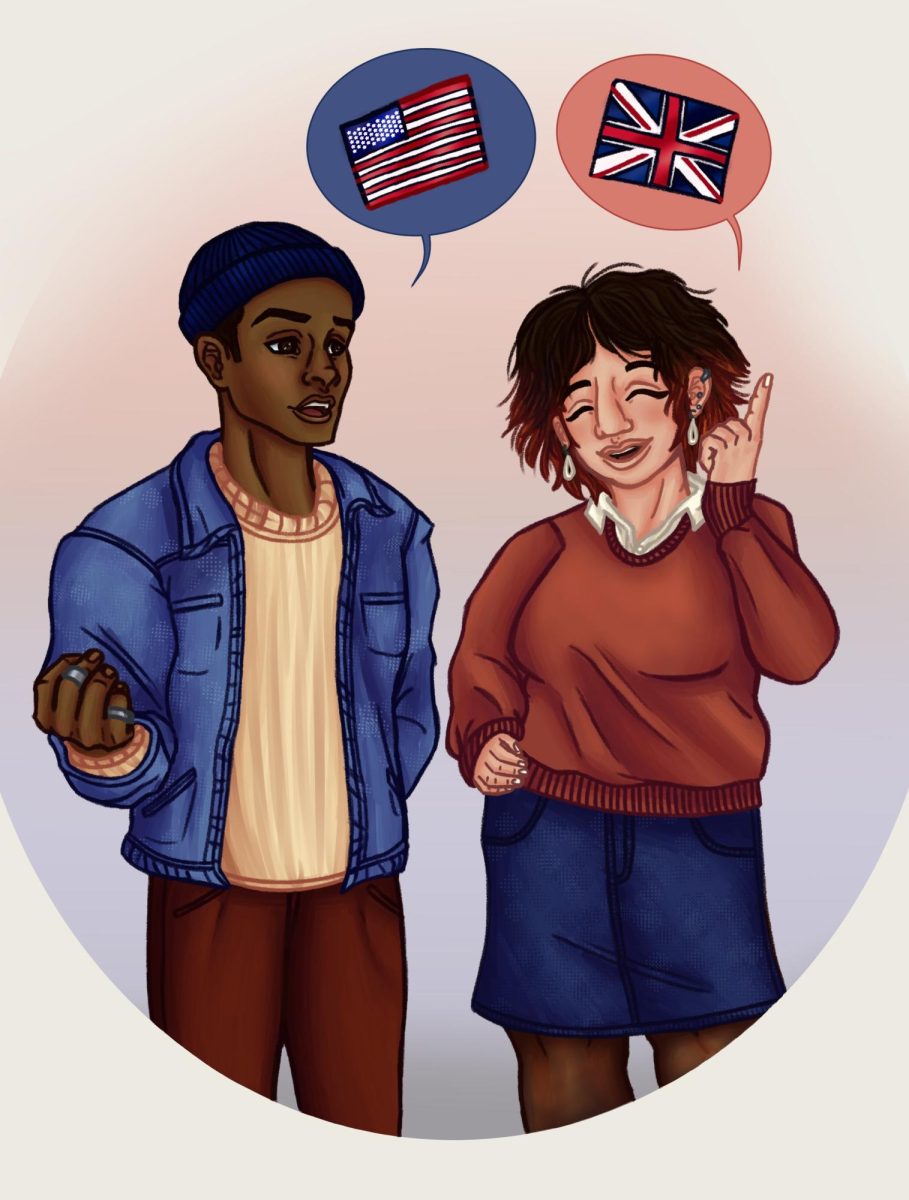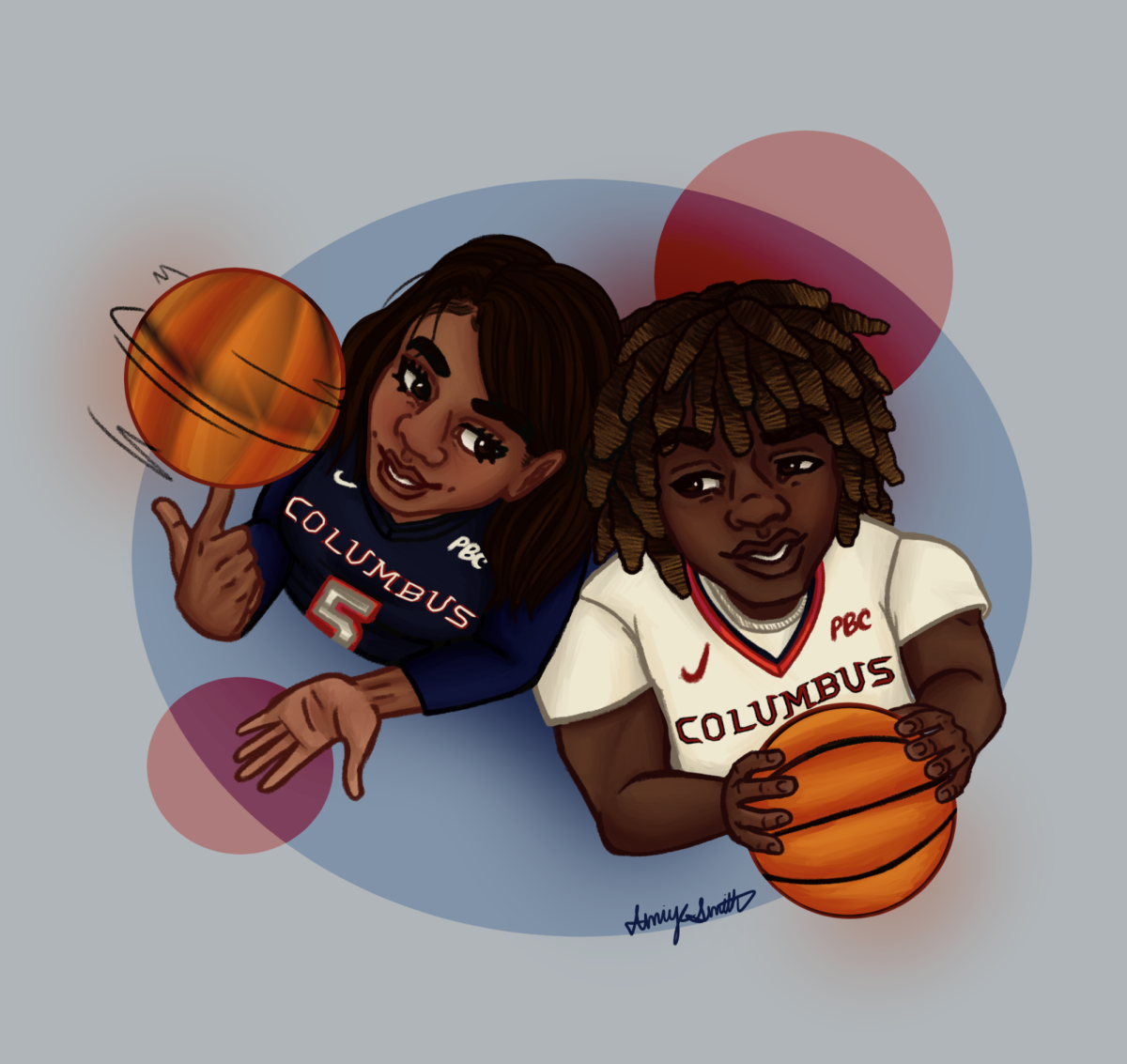There are two sayings I heard growing up: “hate is taught at home,” and “treat others how you would want to be treated.” As I got older, I experienced people who are not the kindest. Bullying, by definition, is “seeking to harm, intimidate, or coerce (someone perceived as vulnerable).” Bullying is not okay in any way, shape, or form, and the growing comfort level of cyberbullying is increasing significantly. I’ve heard multiple perspectives from students who attend both HBCUs (Historically Black Colleges and Universities) and PWIs (Predominantly White Institutions) about their experiences. Multiple creators have told their stories on TikTok:
TikTok user @Yihawnah stated, “I was bullied and did not feel welcomed to express myself at my HBCU because I dressed differently, was into nerdy things like building computers, alongside facing homophobia on campus.”
User @Reya Simone stated, “The first time I was bullied was not in high school but rather, I was bullied in college by real life grown people and those people who bully are rude and ugly on the inside.”
User @Chi lheme stated, “Bullying in college does happen but bullies in college make sly comments about you and try to ruin your college experience.”
This article will serve as a reminder of what bullying is, and if you catch someone who is being particularly rude or nasty, refer them to this article.
The concept of bullying hits my soft spot. I grew up being bullied so when I was accused of being a bully early within my freshman year by someone who did not even know me, I had a bad reaction. As a person who has survived bullying, I will always be an advocate for anti-bullying. I believe nobody should have to go through bullying since it is such a traumatic event. I know the effects of bullying and when I was in that big dark place, I felt as if I was alone. Truthfully, that’s the reality of the situation, that that was one of the darkest places I’ve ever been in. I wouldn’t wish that on my worst enemy. Growing up, I was bullied throughout grade school, and it affected me deeply. I didn’t know how messed up I was until I began going to therapy and unwrapping all the layers. It took me years to become okay with myself. To this day, I am still healing myself and gaining my strength and confidence back. When people say negative things about me in an attempt to hurt me, I can infer it’s something deep inside of them. Their problem is not necessarily with me but with themselves, trying to make themselves bigger than they are. I recently deleted the app Fizz after a fight occurred on April 25th in which I tried my best to deescalate a situation. Fizz is an app that mirrors Twitter, but the catch is that everyone is anonymous. I have never truly seen a fight before so that alone was a traumatizing experience for me. The next day I went to Fizz only to see that there were people not only talking about the fight but also saying disgusting things about my body and my face, calling me ugly and fat. After seeing those comments, I reported the comments and deleted the app from my phone. Not only because of that situation but because I found it to be a breeding ground for unkind behavior.
Putting my pride aside, I can say that at those young ages my bullying was consistent with multiple bullies and that made me, as a child, feel suicidal. Those people made me feel so ugly and unlovable. That’s why now, I always have my guard up. I don’t let people get too close to me. You are either directly in my close circle or you’re not and you have to get past my thorns to see my true nature. I’m very protective of my friends and myself and I will never feel bad about that. My friends know about my nature. I don’t fight physically, but I am very resilient and stubborn. When I put my mind to something, I keep my word. My friends have been with me throughout my life. Whether they were picking me up or I was patching them up, I truly love my group, and I wouldn’t trade them for anything in the entire world. Shout out to my group, thank y’all for being my best friends – truly an unbreakable bond – I love y’all so much (D.A.T.K.Z.Z.).
On solving the problem of bullying: honestly, just being kind is typical advice. However, I’m not the typical person. So, to people who are bullies and/or mean, this advice is to you: before you even think about saying something remotely rude or inconsiderate to someone, think about how that might make them feel internally and if you are truly just ignorant to the feelings of others, consider therapy. To those who have been bullied before or are currently being bullied, I want to both remind and extend my hand out to you. At CSU, our counseling department is amazing. They are located on the 3rd floor of Schuster on the main campus, and they offer therapy to all CSU students. As a reminder, you are not alone. If you see me on campus pull me aside and I’ll gladly walk with you or sit down with you, I’m always open to listening.
A Message from our Counseling Center:
Cyberbullying can bring feelings of shame and humiliation, which can have a profound impact on an individual’s self-image and self-worth. Social media can feel like an extension of a person’s identity, and public mockery can feel like a personal attack. Withdrawing from friends and family, both in the real world and online, can be a result of cyberbullying. People distance themselves to try and manage their emotional distress. Due to the broader reach of cyberbullying and the anonymity, it can be perceived as having more severe repercussions. Depressive symptoms, being easily angered, and suicidal behavior are all things someone experiencing cyberbullying may experience. Cyberbullying targets self-esteem, making feelings of inadequacy and social rejection worse. The frustration and anger one feels may cause them to lash out or internalize that anger, leading to emotional dysregulation. Younger adults may not have fully developed coping mechanisms, leading to a cycle of negative emotions. There is a strong association between cyberbullying and suicidal ideation. Feelings of hopelessness, social isolation, and diminished self-worth can increase suicidal ideations or behaviors.
If you or someone you know is experiencing cyberbullying, reach out to the Counseling Center at (706)-507-8740. We are here to help students process emotions, develop healthy coping skills, and support you throughout your academic career. Our office phone number is a 24/7 crisis line, and our office is open Monday and Tuesday, 8 am to 8 pm, and Wednesday through Friday, 8 am to 5 pm.
Alex Plata, MS, LPC, NCC
Outreach Coordinator



